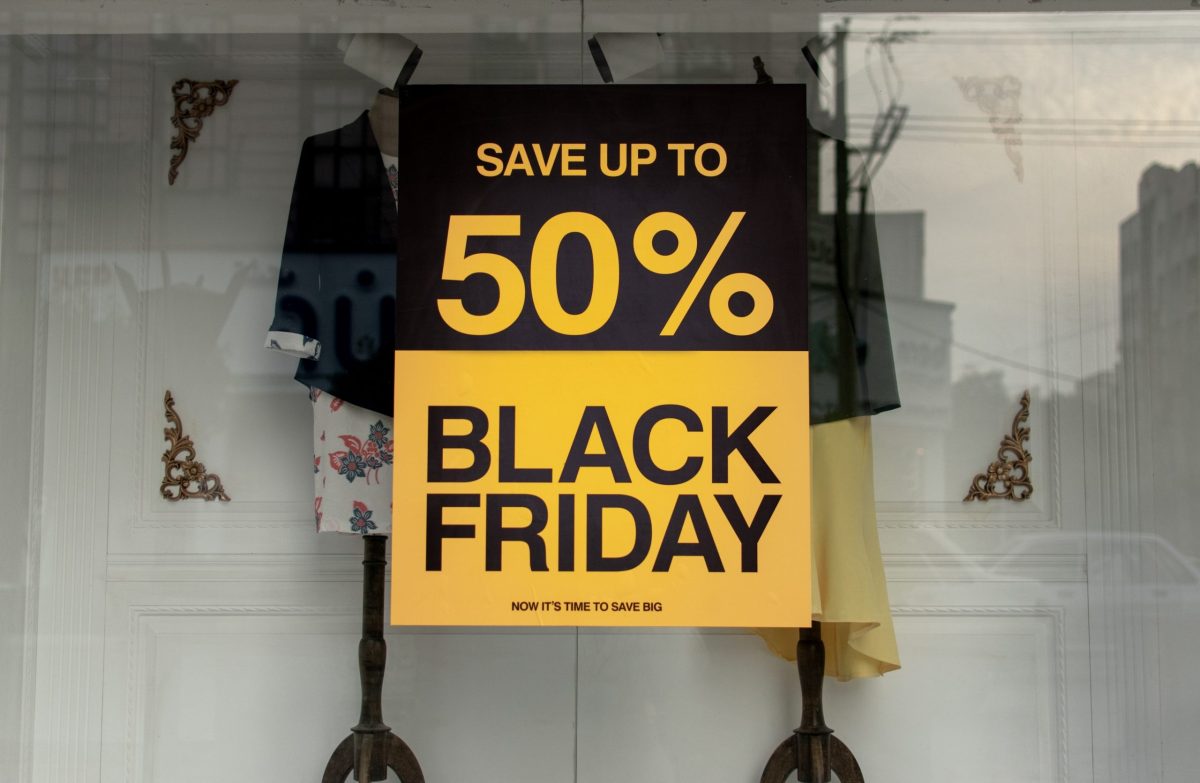New research from Manhattan Association has found that over 80% of Australian consumers are likely to hold out for a major sales event before making a product purchase.
However, due to COVID-19, many Australian retailers may not be well prepared for upcoming sales events in 2020.
To ready themselves for the next big sale, three quarters of Australian shoppers are well informed and know exactly when sales such as Boxing Day, Black Friday, Cyber Monday and Click Frenzy will occur.
Manhattan Associates managing director, Raghav Sibal said Australian shoppers are well versed in timing product purchases during major sales events, with 46% of consumers purchasing sales items online, while 37% indicated they would shop in-store.
“This shows there is ongoing support for, and growth of, e-commerce, which has also seen a significant spike during COVID-19,” he said.
“However, many Australian retailers have taken a major hit due to COVID-19, and they are only now returning to in-store operations. They have come back to find they have a lot of old summer season stock on hand and they now face the challenge of clearing that.
“The burden of old stock combined with the current business uncertainty, also means Australian retailers may be hesitant to place high volume stock orders, meaning they won’t be well prepared for upcoming sales events.”
Based on their experiences during past major sales events, 56% of survey respondents said they had waited to purchase a product during a major sale only to find it was out of stock. This might also indicate why 28% of survey respondents described their shopping experience during major sales events as stressful.
The two major sales events that are most popular with Australian consumers are Boxing Day sales (42%) and Black Friday (37%).
“With two of Australia’s biggest sales events yet to come in November and December 2020, retailers must act now to be prepared so they can avoid being stuck with old stock or being out of stock of the items Australians want, leaving consumers disappointed and turning to competitors,” Sibal said.
“It’s vital that retailers take control of their inventory, with real time visibility that provides a trusted window into all stock, whether it’s in the warehouse, in-store or being transported. By knowing exactly what they have on hand, and what they may need to stock up on for future sales events, retailers can position themselves to take advantage of sales and offer the best possible customer experience.”

